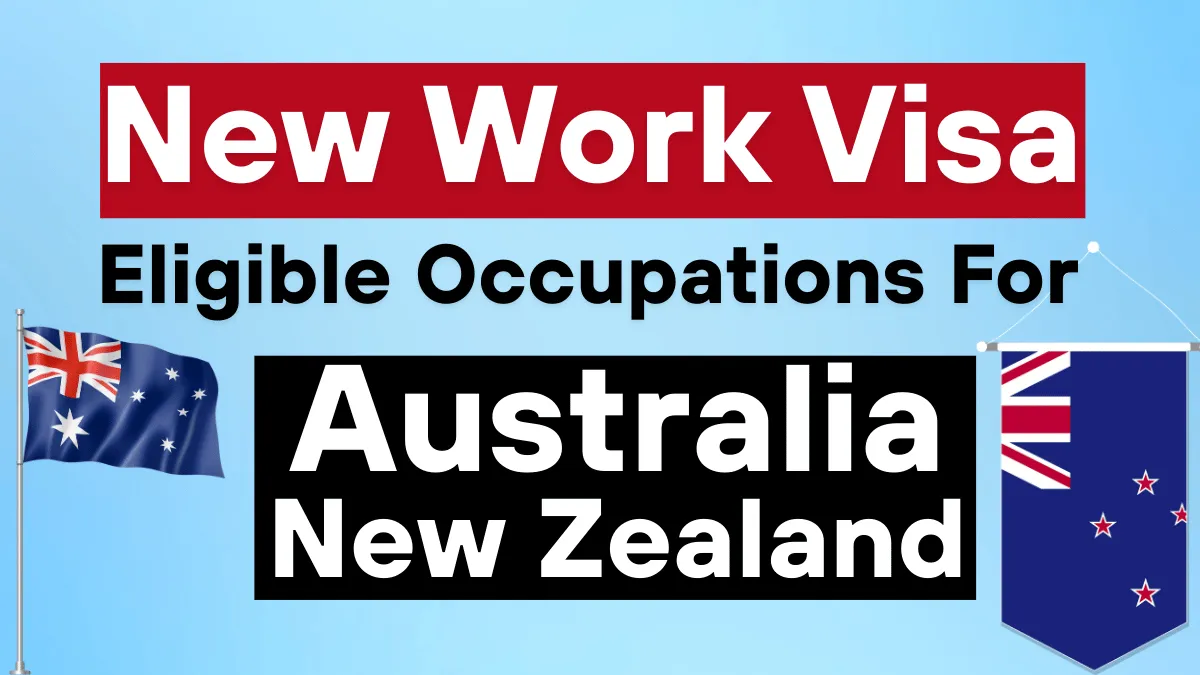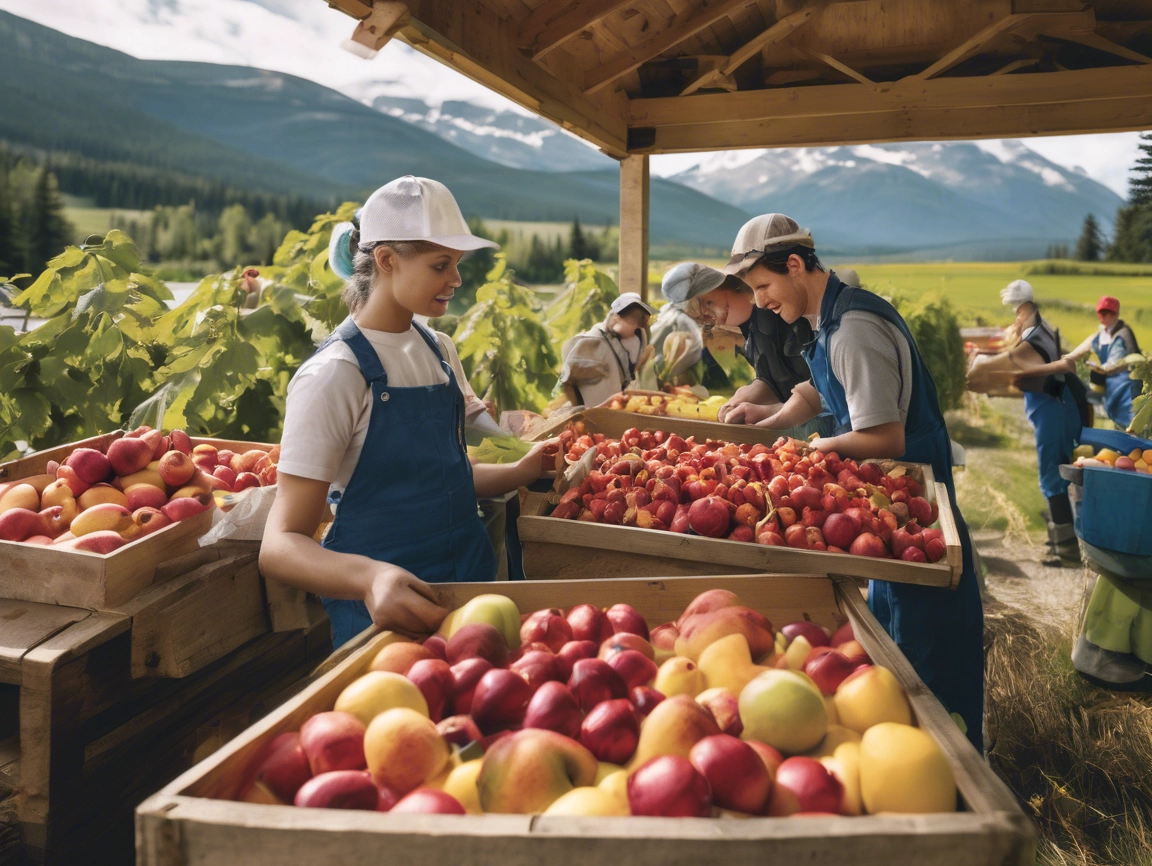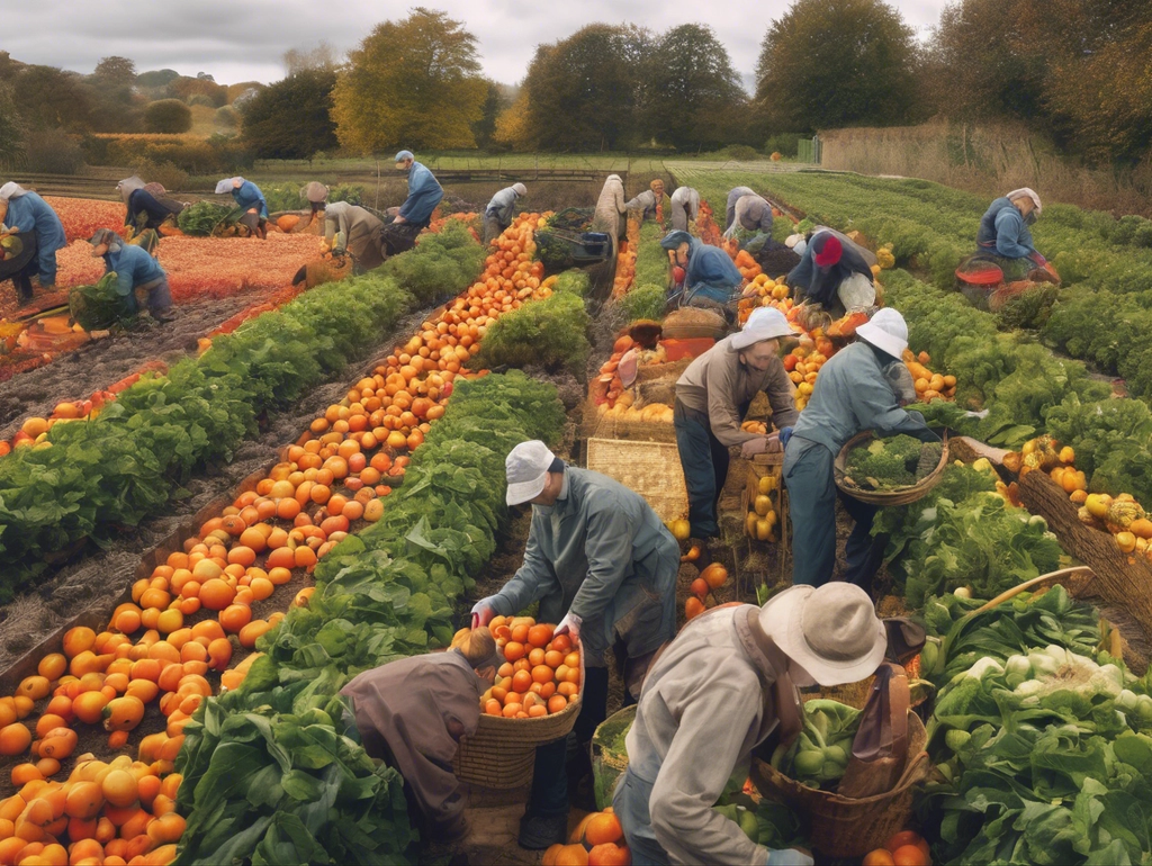October 2025 guide to Australia’s seasonal work route with eligibility, documents, steps, timelines, sectors, and FAQs.
Australia Seasonal Work Visa – October 2025 Complete Guide
Updated for October 2025. Program: Seasonal work options for regional areas. Regions to watch: Queensland, New South Wales, Victoria, South Australia, Western Australia, Tasmania.
Overview
Australia continues to attract seasonal workers because of fair labor standards, predictable hiring windows, and the chance to build international experience. This guide explains how the Seasonal work options for regional areas works in October 2025, what documents you need, and how to submit a clean application. Because rules can evolve, use this as a planning playbook and cross‑check final requirements on official government websites before filing.
How the Seasonal Route Works
Seasonal demand is cyclical—anchored to weather, tourism peaks, and harvest windows. Employers anticipate labor shortages and recruit short‑term staff. In many cases, they must secure a government approval or certification before finalizing offers. Your permit is typically employer‑specific and time‑limited, matching your contract. Read your contract carefully for wage calculation, overtime, housing costs, and transport arrangements.
- Employer/Sponsor-led: Roles are arranged by approved employers or (in the UK) licensed operators.
- Time‑limited by season: Contracts commonly last a few months and tie to weather or tourist peaks.
- Compliance: Employers and workers must meet safety, wage, and housing standards.
Eligibility Checklist
- Age 18+ and physically able to perform job duties safely.
- Valid passport throughout the contract period with blank pages.
- Confirmed job offer/sponsorship. Where applicable, employer approvals (e.g., LMIA or scheme assignment).
- Clean background; police certificate may be required.
- Medical exam if requested (common for agriculture/food handling).
- Proof of funds to cover initial settlement and local transport.
- Intent to depart on completion and respect permit conditions.
Documents Checklist
- Signed contract stating wage, hours, location(s), and duration.
- Employer approval details (e.g., LMIA number or operator assignment reference).
- Passport bio page + any previous visas (clear 300 dpi scans).
- Compliant ID photos and biometrics appointment confirmation.
- Police certificate and medical exam results if required.
- Evidence of funds and accommodation plan or employer housing details.
- Updated resume highlighting relevant experience and safety training.
- Translations by certified translators if documents aren’t in the local language.
Top Sectors Hiring in 2025
- Horticulture & Harvesting (orchards, vineyards)
- Hospitality & Tourism (regional hotels, holiday parks)
- Meat/Food Processing
- Packhouse’s & Cold Storage
- Resort & Adventure Tourism (seasonal peaks)
Pro tip: Roles offering subsidized housing or transport fill quickly. Ask for photos of accommodation, the weekly cost breakdown, and distance to the worksite.
Application Process — Step by Step
- Research and shortlist: Identify provinces/regions with demand aligned to your skills. Use official job portals and reputable recruiters.
- Interview and offer: Confirm wage (hourly vs. piece‑rate), overtime, work hours, PPE requirements, and housing deductions.
- Employer approval step: Where required, your employer seeks government authorization (e.g., LMIA or operator placement).
- File the application: Complete the online form, upload scans, pay fees, and double‑check names/dates to avoid delays.
- Biometrics & medicals: Attend your appointments promptly; keep receipts and reference numbers.
- Decision & planning: After approval, coordinate travel, airport pickup, housing check‑in, and local registrations (tax/social numbers).
- Arrival onboarding: Safety briefings, equipment issue, payroll setup, and review of grievance and safety reporting channels.
Pay, Hours, and Deductions
Seasonal roles typically pay hourly at or above statutory minimums, with overtime possible in peak weeks. Some agricultural roles use piece‑rates; in those cases, verify how quality, breaks, and weather disruptions affect your pay. Contracts must clearly list deductions—common items include shared housing, transport, and equipment. Keep every payslip and compare hours worked against rostered and clocked time.
Housing, Transport, and Weather Readiness
Shared accommodation is common. Ask about room occupancy, heating/cooling, kitchen access, laundry, Wi‑Fi, and any deposit. Clarify transport—shuttle schedules or car‑pool expectations—and budget for local SIM/data on arrival. Seasonal work is weather‑dependent: pack layered clothing, waterproofs, gloves, and sturdy boots. For hot regions, plan hydration and sun protection; for winter resorts, prepare for snow, ice, and early starts.
Safety, Rights, and Support
You’re entitled to safe work and fair pay. Report hazards to supervisors; you may refuse unsafe work. Learn emergency contacts, first‑aid locations, and how to escalate issues. Keep digital copies of your identity pages, contract, and permit in a password‑protected folder. Stay in touch with your supervisor and HR, especially if weather forces schedule changes.
10 Common Mistakes (and Easy Fixes)
- Submitting incomplete scans — label files and scan at 300 dpi.
- Names/dates mismatch — ensure every document matches your passport.
- Skipping sponsor verification — only use approved employers/operators.
- Vague housing terms — insist on written costs and photos.
- Underestimating weather — pack PPE and layers suitable for the region.
- Late biometrics — book immediately after submission.
- No budget buffer — carry funds for 2–4 weeks before full pay cycles.
- Ignoring pay stubs — reconcile hours, overtime, deductions each cycle.
- Poor communication — keep a simple log of shifts, incidents, and supervisor contacts.
- Non‑compliant travel dates — align flights with contract start and onboarding.
FAQs — Australia Seasonal Work Visa (October 2025)
Do I need prior experience?
Not always. Reliability, fitness, and willingness to learn are valued. Prior farm, logistics, or hospitality experience helps.
Are meals included?
Some employers include canteen meals or meal allowances during peak weeks; otherwise, plan your own meals.
What if I’m delayed?
Notify your employer and keep proof of delays. Do not travel until your permit is approved.
Can I take a second job?
Seasonal permits are usually employer‑specific. Taking a second job typically requires additional authorization.





